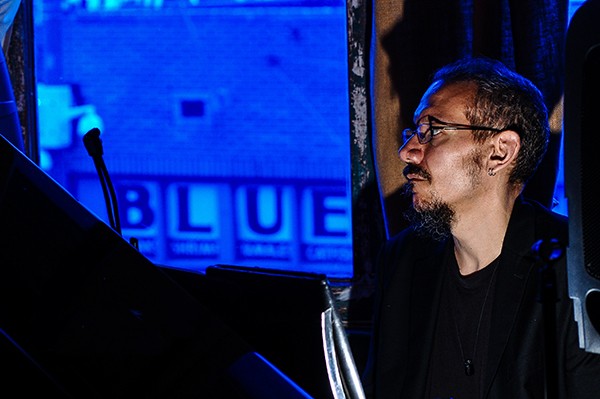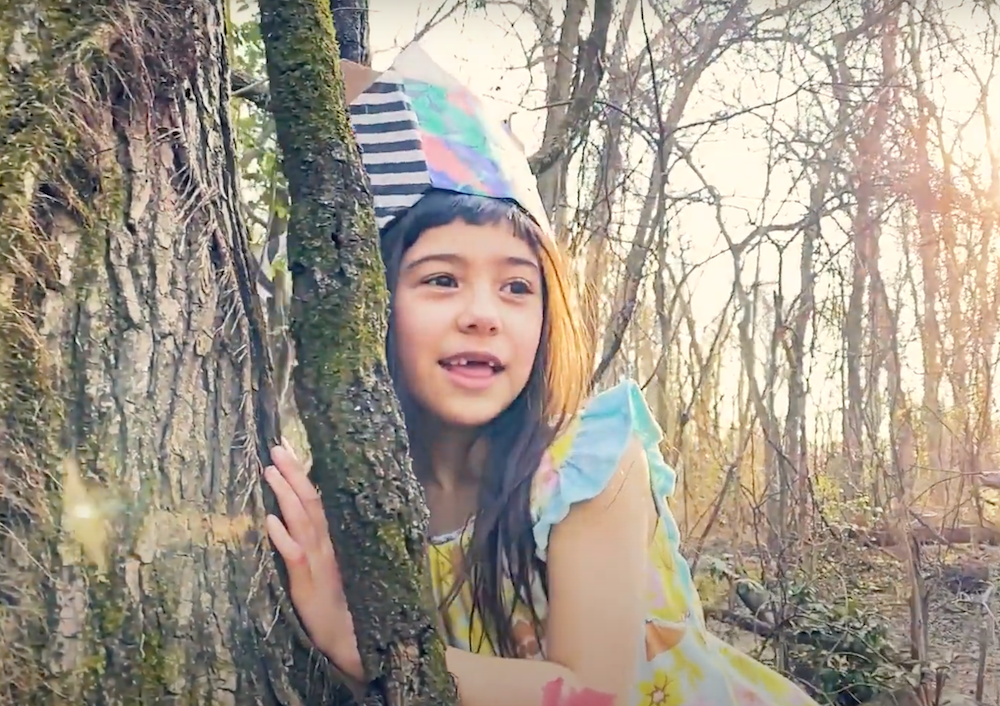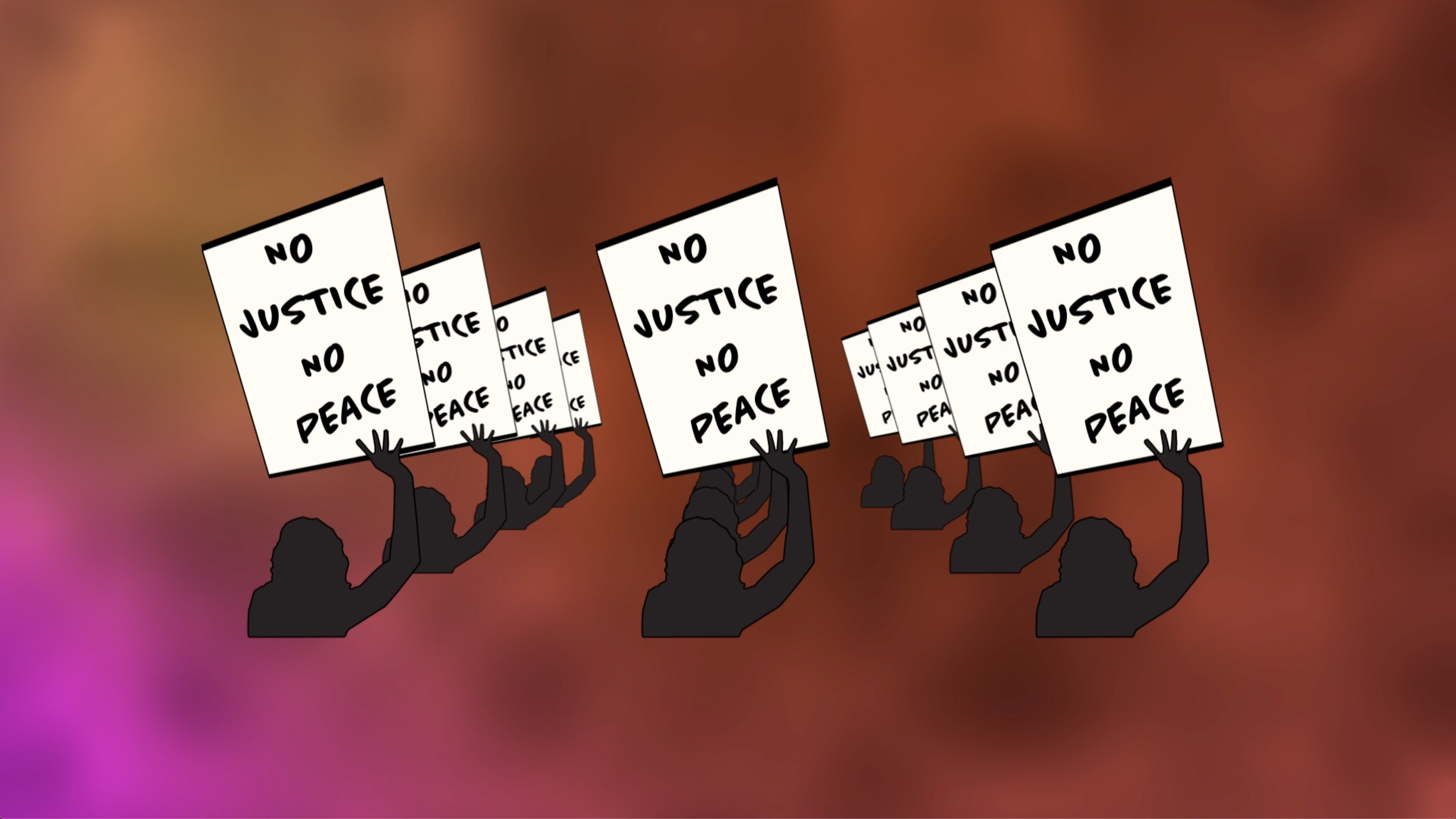And just like that, the gigs were gone. Musicians around the world have suffered a setback as their primary sources of income — performances in public venues — have evaporated. In previous centuries, such straits might have sent troubadours making do with digging ditches. Now, we have the live-streamed event. And many local players are making it work for them.
“A few people had already done [live-streamed performances] in Memphis before me,” says multi-instrumentalist and songwriter Graham Winchester. “But mine was one of the first ones that someone made an event for and advertised. And it got a lot of support.”
Indeed, Winchester’s live-streamed Facebook event on March 14th occurred right on the cusp of the great shift to social distancing. “The night before, I played my actual record release show at Bar DKDC, and I know a lot of folks weren’t comfortable going out even then. So I wanted to do a second part [online]. And it went really well. I was blown away.”
 Gary Baldwin
Gary Baldwin
Gerald Stephens
While such events may not match the steady pay of real-life gigs, there’s a chance they’ll earn you even more. “People were super-generous on the donations,” says Winchester. “On the actual feed, I wrote, ‘If you want to donate $15 or more for an LP, I’ll deliver a record directly to your doorstep.’ So a lot of people were giving two to three times the asking price of the vinyl, saying, ‘I know it’s hard times, man,’ or ‘keep the change.’ It really touched me. I was in tears that night, thinking about how many people were so generous with their donations.”
Gerald Stephens, keyboardist extraordinaire for the Love Light Orchestra and other bands, has also jumped into live-streaming, noting that, “It’s the sharing economy. ‘Give me some content, if I like it I’ll give you a $10 tip.’ That’s people helping each other. I’m grateful. I’ve made some of what I’ve lost back, a substantial amount of it, so I feel grateful. There’s something to us taking care of each other. That’s the good part of this.”
Stephens was surprised, given that his first live-streamed event was launched on the spur of the moment. “It was real quick,” he says. “I just realized, ‘Hey, we lost some money. Hey, my friends tried that, it works.’ And I do enough restaurant gigs, blues gigs, and rock gigs that I’m always in practice. I always have a bunch of different songs that I can play at any given time. So I came up with a setlist on the fly. The second one, I planned a little bit more ahead. Doing the same thing within a week, I don’t want it to be exactly the same.”
Winchester throws himself into the planning. “We put plants in my room, which has a shag carpet, a good vintage vibe, and tried to turn it into a jungle room. And we also ran a bunch of sound checks. You can make a Facebook Live setting private and invite a couple friends. I think there’s a misconception out there, where musicians think, ‘Once you’re live, you’re live. It’s on.’ But there is a way to make it private and sound check it first.”
There’s an aesthetic payoff as well. Stephens says he started his first solo streaming event partly to satisfy his creative side. “I don’t think people are doing it necessarily for the money,” he says. “We need that, and I’ll take it and say thank you. But also, this is what we do. You know how it feels if you’re playing all the time, and then suddenly you’re stuck at home. Now there’s an outlet, you know? The emotional outlet to art is more important than the money. It’s nice to have a little of both so we can just have time to do it better.”


 Gary Baldwin
Gary Baldwin